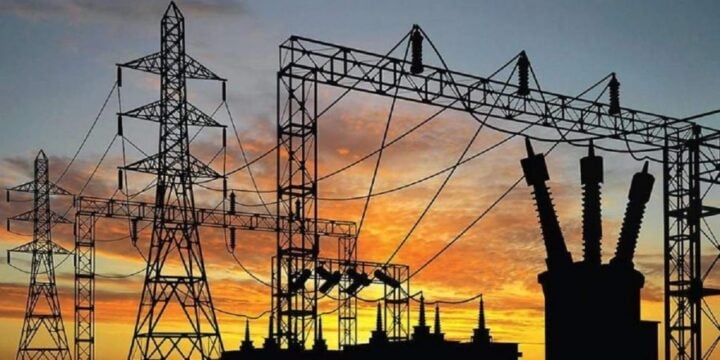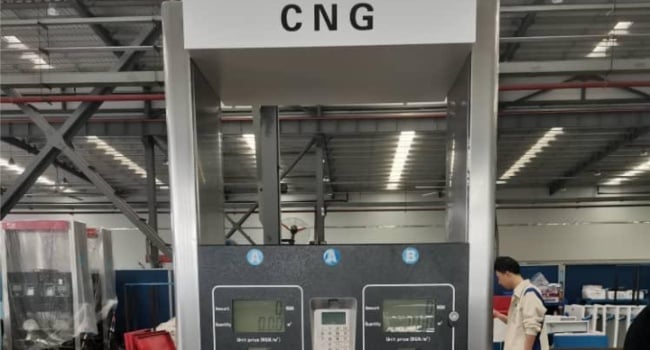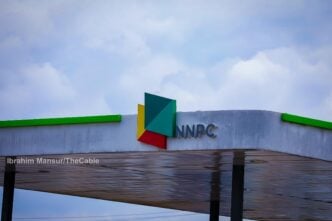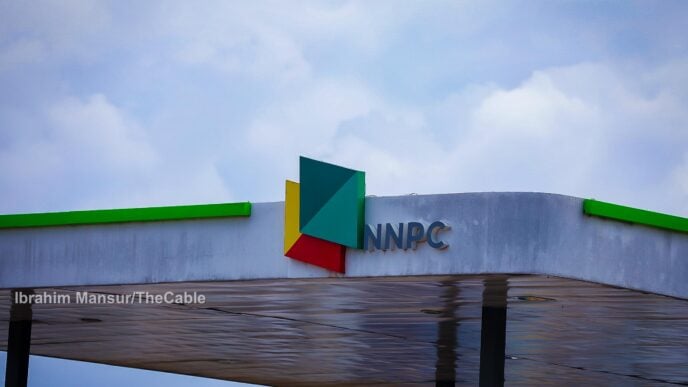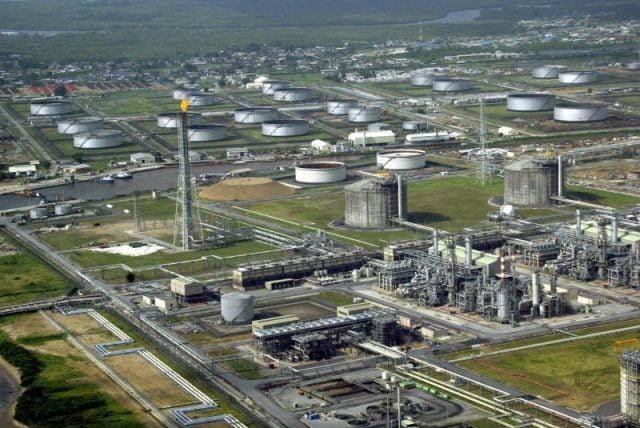The National Bureau of Statistics (NBS) says 58 percent of households in Nigeria are connected to the national grid.
In its ‘Nigeria Residential Energy Demand Side Survey (NREDSS) 2024,’ on Wednesday, unveiled in Abuja, NBS said nine states; Akwa Ibom, Bauchi, Ekiti, Oyo, Enugu, Kwara, Plateau, Kano, and Sokoto, were selected across the six geo-political zones of the country for the survey.
According to the bureau, households from each state were interviewed, making a total of 8,100 households across urban and rural areas.
NBS said 86.6 percent of households connected to the grid had electricity supply, 85.2 percent of them used an estimated billing system, while 14.8 percent used a pre-paid billing system.
Advertisement
The average monthly expenditure of households on electricity, according to NBS, was estimated at N4,155.8 during the survey period.
In 2024, the national grid has collapsed eight times, with the first recorded on February 4.
The national grid collapsed again on March 28, April 15, July 6, and August 5.
Advertisement
Nigerians experienced another system failure at the grid on October 14, October 15, and October 19.
On October 17, Adebayo Adelabu, minister of power, said the frequent system failure at the national grid is inevitable due to the outdated infrastructure.
Adelabu said more investment in power infrastructure will prevent future collapses.
However, the Nigeria Electricity Regulatory Commission (NERC) will conduct a public hearing on October 24 over the frequent national grid failures.
Advertisement
Also, the federal government has set up a forensic investigative committee to address the incessant grid collapses.
‘67.8 PERCENT OF HOUSEHOLDS USE FUELWOOD’
The bureau said 67.8 percent of Nigerian households use fuelwood as a source of energy for domestic, agricultural, commercial, cultural, or religious purposes.
NBS added that about 41 percent of the households purchase the fuelwood, while 39 percent collect it themselves.
Advertisement
“While 18.9 per cent of households used other means such as barter, gift, and borrowing,” the bureau said.
“More than half of the fuelwood are cut or collected by households, 55.3 percent were branches, stems, and trees.”
Advertisement
Furthermore, NBS said one in every five households, an average of 22 percent, used charcoal, with 21.6 percent purchasing the product.
The bureau added that 19.4 percent, about one in five households, use liquefied petroleum gas (LPG), also known as cooking gas.
Advertisement
“The average monthly expenditure on LPG stood at N10,239.7 across the surveyed states,” NBS said.
In addition, NBS advised the government to promote the re-planting of trees, given the wide use of fuelwood. and encourage the use of clean energy such as LPG, wind, and solar.
Advertisement
“This will help to reduce environmental problems such as air pollution, water pollution, climate change, thermal pollution, and solid waste disposal,” it said.
NBS also recommended that the government encourage the establishment of more LPG stations while promoting local production of gas cylinders to lower the end-user’s cost and optimise electricity generation by decentralising the national grid through mini-grids.
Add a comment
